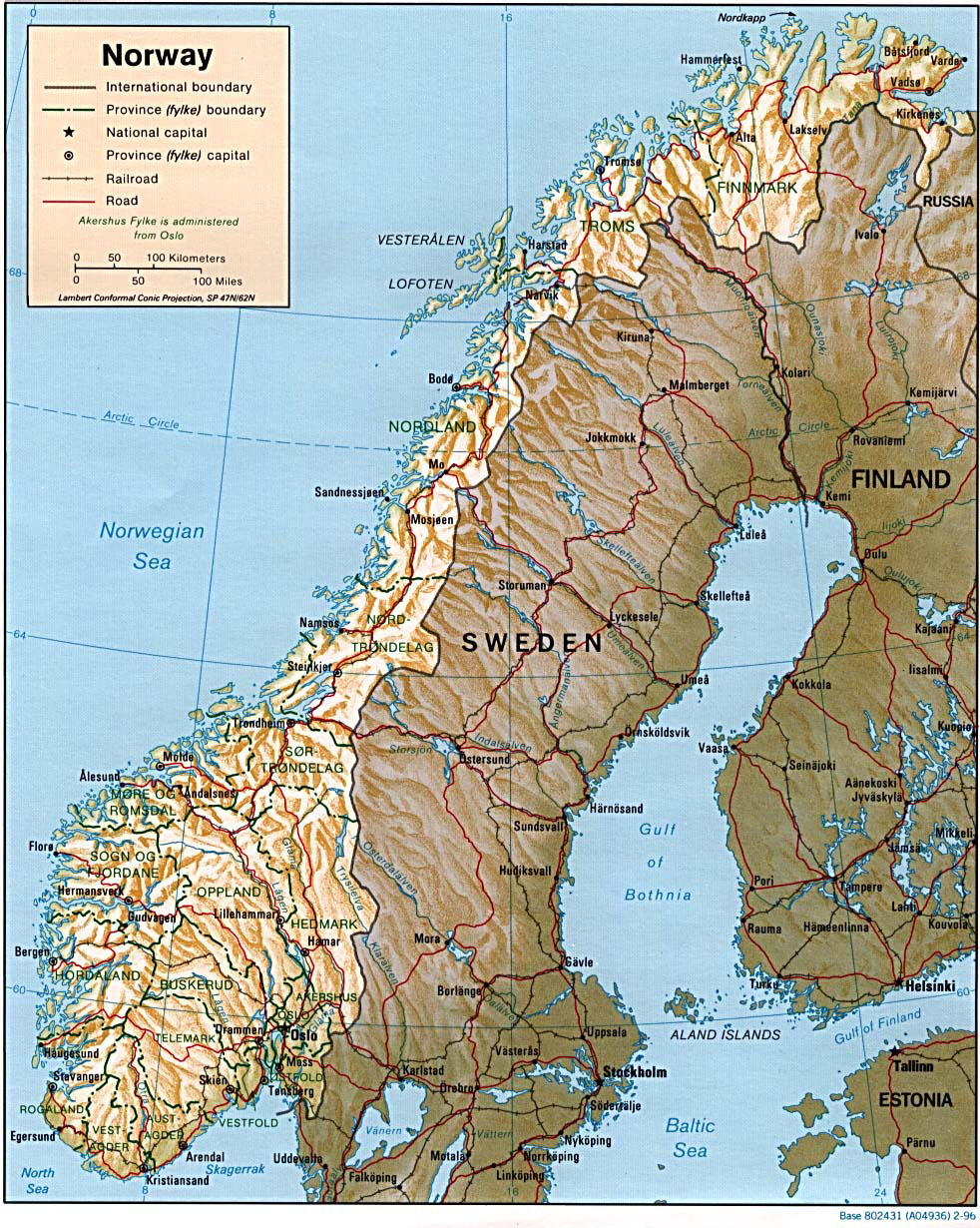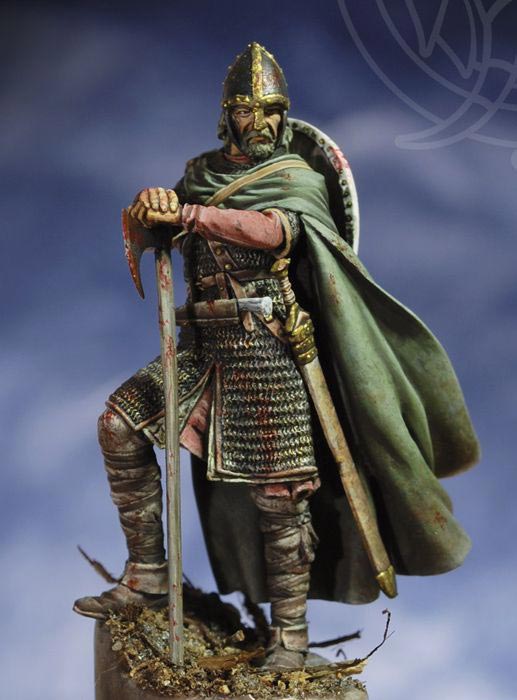In which Godwin returns from exile and exacts his revenge upon the Archbishop.
In the previous episode, we saw Earl Godwin of Wessex and his family have their lives his thrown into turmoil, caused by the apparent connivance of King Edward and his friend, the Norman Archbishop Robert and the King's brother-in-law Eustace of Boulogne. They had lost support for their cause when many of their man either balked at the idea of a civil war - or were summoned as King's thegns to Edward's side. These would have been men who lived within Godwin's jurisdiction but owed their land to the King, therefore if they had refused the summons they could have been tried for treason. Godwin and his sons must have decided that the best way forward for them was to gather up as much of their treasure and flee. Tostig might have already been wed to Judith of Flanders at this stage and the family would have found refuge at the court of her brother Baldwin . They decided to double their chances by splitting up into two groups, Harold and his younger brother Leofwin took Swegn's ship to Ireland to the court of MacDiarmid whilst the rest of the family went to Baldwin in Flanders. The Queen, also a Godwin, took her chances at court whilst the youngest son Wulfnoth and Swegn's son Hakon were taken as hostages into the Queen's household first, then into the Archbishop's perhaps when Edith her self was sent to a nunnery by the King.
According to David Hume (The History of England, Volume I ), the Count of Flanders allowed Godwin to purchase ships from his harbour and man them with mercenaries and those of his followers that had arrived from England with him. The King got to hear about Godwin's activities in Flanders and had set up a fleet of his own. Here it might be conjectured that Godwin practiced his cunning, by sailing out toward Sandwich harbour. As he expected, the King's fleet set sail out to meet them. He turned tail and sailed back with his forces to Flanders. The King and his counsel felt safe in the knowledge that the Earl had fled from their naval blockade and Edward allowed his fleet to stand down, thinking that the Earl would not dare to attempt an invasion again. As soon as Godwin felt it was convenient, he set sail once more with his force, this time to the Isle of Wight. There he met up with Harold and Leofwin who arrived with 9 ships and an army of Irish mercenaries in his pay. Harold had landed simultaneously in Porlock and ravaged the lands there. He had to fight hard against those Somerset and Devonshire men who opposed him, killing some '30 good thegns' and putting the rest to flight. Some of the locals may have augmented his army of Irish mercenaries. Landing in the Isle of Wight, Godwin may have boosted his support even more as the Isle was in their former jurisdiction of Wessex. He then went on having met up with Harold and Leofwin, to the mainland gathering more men to him. Ian Walker states in his book Harold: The last Anglo-Saxon King, his belief that that because Godwin returned with such a large fleet, he must have men who had also followed him into exile. This is very plausible. The C Chronicle stated that Godwin had come to the land before the King's fleet knew about them and 'enticed' all the boat men from Kent and Hastings and along the coasts of Sussex and also men of Surrey so that when he embarked later on his mission to regain his lands, they were already waiting to join him to 'live and die' with him.
Meanwhile during the Godwinsons exile, those men who had turned from Godwin, were not happy with the increasing influence at court of the King's Norman advisors. Robert de Jumieges was not the all people's original choice for Archbishop and the Norman's were advancing within the church. The Bishops of London and Dorchester were also Normans. Despite their unpopularity with the Northern Earls, the Godwins were much loved in the south. One would imagine that the men of Dover would have had their morale buoyed by the Earl's refusal to punish them. The Duke of Normandy's visit and those foreign officials who were influencing the King toward a possible Norman succession, may have disheartened the English who were not keen to see a foreigner with no blood tie to the House of Wessex on the throne. The arrival of Godwin on English shores again may have been a Godsend for some, for he found that many men rallied to him, promising to aid him to seek justice for him and his family. With this large body of men, the Godwinsons marched upon London and Godwin threw himself upon his knees at the King and declared his loyalty and that he had no wish to cause him harm and that he knew that the King had been counselled evilly. The King appears to have been under the illusion that he was still being supported by the northern earls who had loyally stood by his side last time, but he was wrong. They refused to take Godwin into custody and with Bishop Stigand as go-between, they advised the King to listen to the Earl's plea. According to Walker, Godwin most likely had sent Swegn on a pilgrimage whilst they were in exile to atone for his sins, believing that Edward would be more likely to look favourably on a reconciliation if a penitent Swegn was away seeking forgiveness. He was to die on that pilgrimage anyway, ridding his father of the problem.
The King's court was in chaos. On one side he was being advised by the foreign counsel against Godwin's return and now on the other, he was being counselled to negotiate and come to terms with him. The Norman camp must have continued to try to maintain their grip on the King, however Bishop Stigand's negotiations brought about a truce and a meeting of the Witan was called for the next day. Archbishop Robert knew the game was up and pre-empted Godwin's wrath by fleeing London with his fellow Norman bishops, Ulf and William and other 'Frenchmen', as the Abingdon (C) chronicle claims. He went across the sea to Normandy.
During the great council meeting, Earl Godwin set out his case and declared his innocence and that of his sons. The King, whether he liked it or not, had no option but to restore Godwin and the rest of his family to their estates and Edith Godwinson was released from her incarceration at Wilton Abbey and restored as his Queen once more. As well as the family's restoration, the witan passed judgement over those who sought to do evil to the kingdom by causing the unrest and accusing the Godwinsons falsely. Of course the King was found to be blameless and the Norman camp were easy scapegoats, most having already fled. Those French and Normans of Herefordshire were also sent packing having been given safe conduct by Earl Leofric to go north to Scotland. But not all the foreigners were forced out; William the Bishop of London was eventually allowed to return and the King's nephew, Ralph de Mantes were just some who were permitted to stay. It seems that only those who were mostly responsible for causing the dispute between the King and his leading Earl were forced out.
So at last Godwin had his day and his revenge must have felt very satisfying indeed. It was remarkable that Godwin, who had always been able to avoid such trouble, had managed to bounce back from the devastating effect of exile to sweep back in a wind of fury across the sea and ravage his way back into office like a tornado, as if nothing had ever happened. Robert Champart returned to Jumieges, but with him he was to take the most precious things that Godwin might have possessed. Champart might have been outwitted by Godwin, but he was not going down in defeat without taking something of Godwin's with him.
Find out in the final episode - the Aftermath - what happens next.
References
Bates D (2004) William the Conqueror, The History Press.
Barlow F (2003) The Godwins: The Rise and Fall of a Noble Dynasty (The Medieval World), Longman.
Barlow F (1997) Edward the Confessor (2nd ed) Yale University Press, US.
Stenton F (1971) Anglo Saxon England (3rd Ed) Oxford University Press, Oxford.
Swanton M (2000) The Anglo Saxon Chronicles (2nd ed) Phoenix Press, London.











